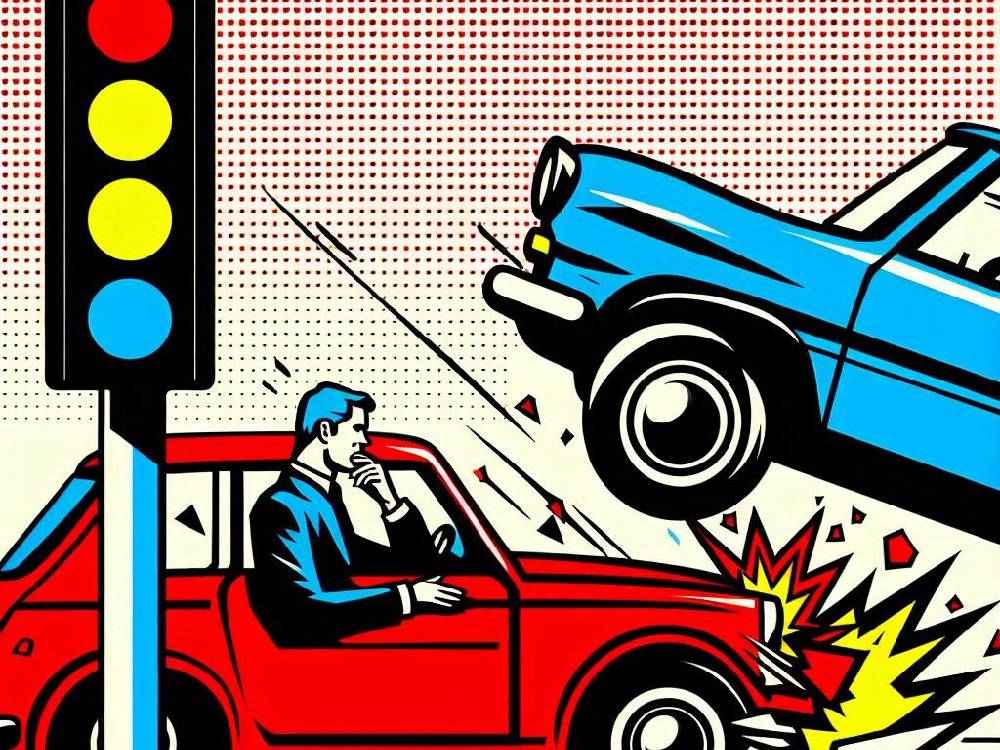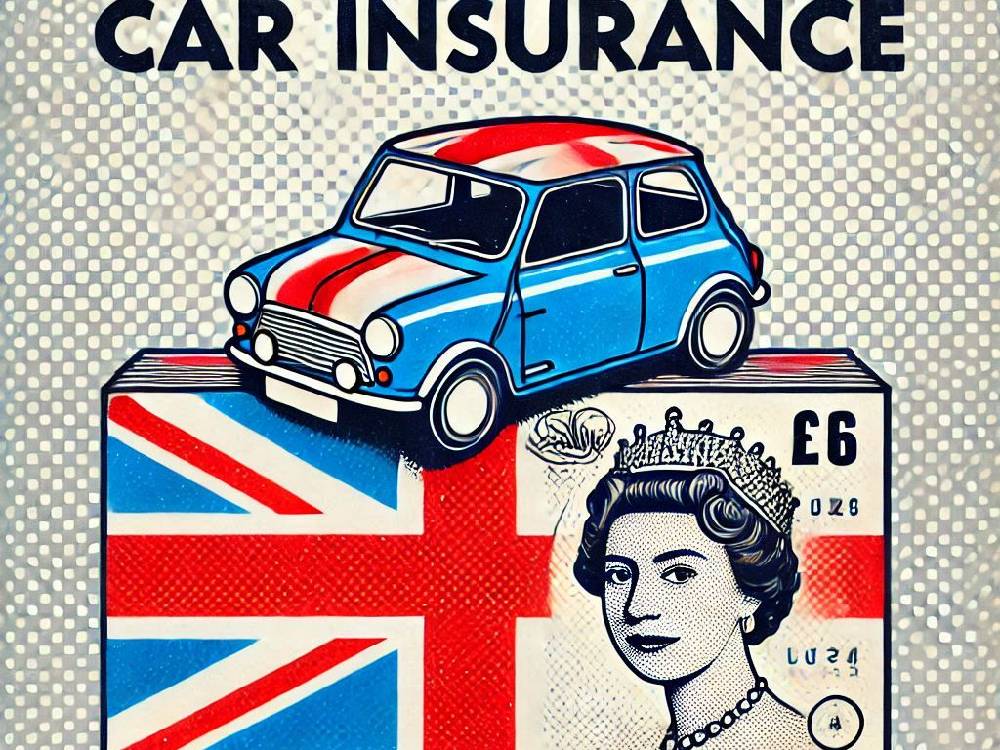Introduction
What to do after a car accident.
A bad accident changes everything in seconds.
Because suddenly your heart races.
And your mind fogs.
Yet the decisions you make next really matter.
So this guide walks you through each crucial step.
And it helps you stay protected.
And it shows you how to keep control — even when the road falls apart.
What To Do After A Car Accident
You have one job in the first ten seconds.
Stay alive.
Because everything else is secondary.
But here’s where most drivers panic.
They forget the basics.
So let’s break this down calmly.
Move away from danger if you can.
Check your breathing.
Check anyone else’s breathing.
Call emergency services if anyone is hurt.
Then pause.
Here’s the twist.
Your insurer expects you to stay at the scene unless you are physically unsafe.
So slow down your thoughts.
Then take photos of everything.
The debris.
Road surface.
Traffic lights.
The inside of your car.
Get a wide shot.
Get a close shot.
Because this evidence becomes your strongest defence later.
Next?
Let’s keep going.
Swap details with the other driver.
Name.
Address.
Registration.
Insurer.
But avoid blaming anyone.
Avoid apologising.
Avoid admitting anything.
Those words can destroy your claim.
Finally, once you’re safe, tell your insurer what happened.
And yes — you must notify them even if you don’t plan to claim.
(Drivers forget this all the time.)
To stay fully protected, review your cover here:
Cheap Car Insurance Options
What To Do After A Car Accident — And When
Here’s where timing becomes everything.
Because if you delay contacting people, problems multiply.
First — the police.
You must report any injury, obstruction, or suspected crime.
This includes dangerous driving, uninsured driving, or intoxication.
You have 24 hours to do it.
Second — your insurer.
Call them the same day if you can.
Even a short delay can complicate your compensation.
But wait — there’s more.
Your insurer may also ask you to provide medical details, witness statements, dash-cam footage, or repair reports.
So keep everything.
Every scrap of information helps.
If you need prices that still stay low after reporting an accident, compare options here:
Very Cheap Car Insurance
What To Do After A Car Accident To Prevent Future Problems
Accidents change your policy.
And they change your premiums.
And they change how insurers see you as a risk.
Even so, you still have control.
Because not all accidents affect your payments equally.
If the accident wasn’t your fault, your premium may stay stable.
If it was your fault, you may lose some or all of your no-claims bonus.
However, even with a loss of NCB, you can still find Cheap Insurance.
It just requires strategy.
Now here’s something drivers rarely know.
Insurers categorise claims differently.
Some are high-impact (like collisions).
Others are low-impact (like windscreen damage).
Understanding the difference helps you stay ahead.
And if your car becomes too expensive to insure, you might explore lower-risk models listed here:
10 Cheapest Cars to Insure
Understanding Repairs, Write-Offs, And Courtesy Cars
This is where reality hits.
Your car may not survive the crash.
And insurers decide the outcome, not you.
They assess the damage.
Compare repair cost with vehicle value.
Consider safety categories.
And then they deliver the verdict — repair or write-off.
But here’s the problem.
Many drivers don’t understand Category S and Category N.
Category S means structural damage.
Category N means non-structural damage.
Both can be repaired, but resale value changes.
And your next insurer will want to know.
Meanwhile, you may receive a courtesy car.
But only if your specific policy allows it.
Every policy is different.
So always read the fine print.
If you need help finding policies designed for specific driver groups, explore this:
Cheap Car Insurance for Women
How To Protect Your Wallet After The Accident (Costs Add Up Fast)
Here’s a truth people learn too late.
Accidents drain your wallet long before insurers pay out.
You may face excess fees.
Towing charges.
Storage fees.
Temporary transport costs.
And, eventually, higher premiums.
But you can protect yourself.
Because small decisions now prevent big losses later.
One strategy?
Start reviewing money-saving options immediately.
And always check whether repairers are insurer-approved.
Because non-approved repairs can void your claim.
If you want to cut costs quickly, start with this guide:
5 Ways to Save Money on Car Insurance
Preventing Future Accidents (And Future High Premiums)
Most drivers only think about the accident behind them.
But the smart ones think about the next one too.
And that mindset changes everything.
Because safer driving doesn’t just protect your life.
It protects your bank account.
So what helps most?
Regular car maintenance.
Tyre checks.
Brake inspections.
Dashboard warning lights that you never ignore.
Even small habits lower risk.
Now here’s the part most people underestimate.
Black box insurance rewards good driving with cheaper premiums.
It tracks acceleration, braking, and cornering.
And insurers love that stability.
If you’re looking for ways to reduce long-term costs, explore this:
Switch Car Insurance
So what’s next?
Let’s take it a step further.
Modern driver-assist tech increases safety too.
Lane assist.
Speed limit recognition.
Collision prevention systems.
These features make you statistically safer, which means potentially cheaper cover.
And when you combine tech with safe habits, premiums fall faster than most drivers expect.
What To Do After A Car Accident Before You Move On
Final Critical Steps
This is the moment where clarity returns.
The crash happened.
Forms are filed.
Repairs are booked.
But your job isn’t done yet.
Here’s what most drivers forget.
You must track every repair update.
Check every detail of your policy renewal.
Review the new premium carefully.
Because insurers sometimes change things quietly.
And you shouldn’t discover surprises at the last minute.
Next?
Shop around.
Because staying loyal rarely gets you Cheap Car Insurance anymore.
In fact, switching is now one of the fastest ways to lower costs again.
Especially for younger motorists who are hit hardest after accidents.
For guidance tailored to new and younger drivers, you can visit:
Young Drivers Tips
Finally, store all documents securely.
Because future insurers may ask for accident details.
And accurate records save you stress later.
Conclusion
Staying Protected, Staying Smart
A serious accident shakes your confidence.
But it doesn’t have to ruin your finances.
And it doesn’t have to make future premiums impossible.
Because every decision you take — from the first phone call to the final repair update — shapes the outcome.
So stay calm.
Stay methodical.
Stay fully informed.
And remember this.
Even after a bad crash, you can still secure Cheap Car Insurance with the right strategy, the right information, and the right approach at renewal time.
You’re not powerless here.
You’re simply better prepared than most drivers on the road.
If you want to dive deeper into driving costs, accident rules, and smarter ways to protect yourself on the road?
You may also enjoy exploring guides like electric vehicle cover, telematics, and fully comp vs third-party policies —
all packed with practical insight for UK drivers. Start with these:
Car Insurance for Electric Vehicles,
Telematics Car Insurance,
Comprehensive vs Third Party.














